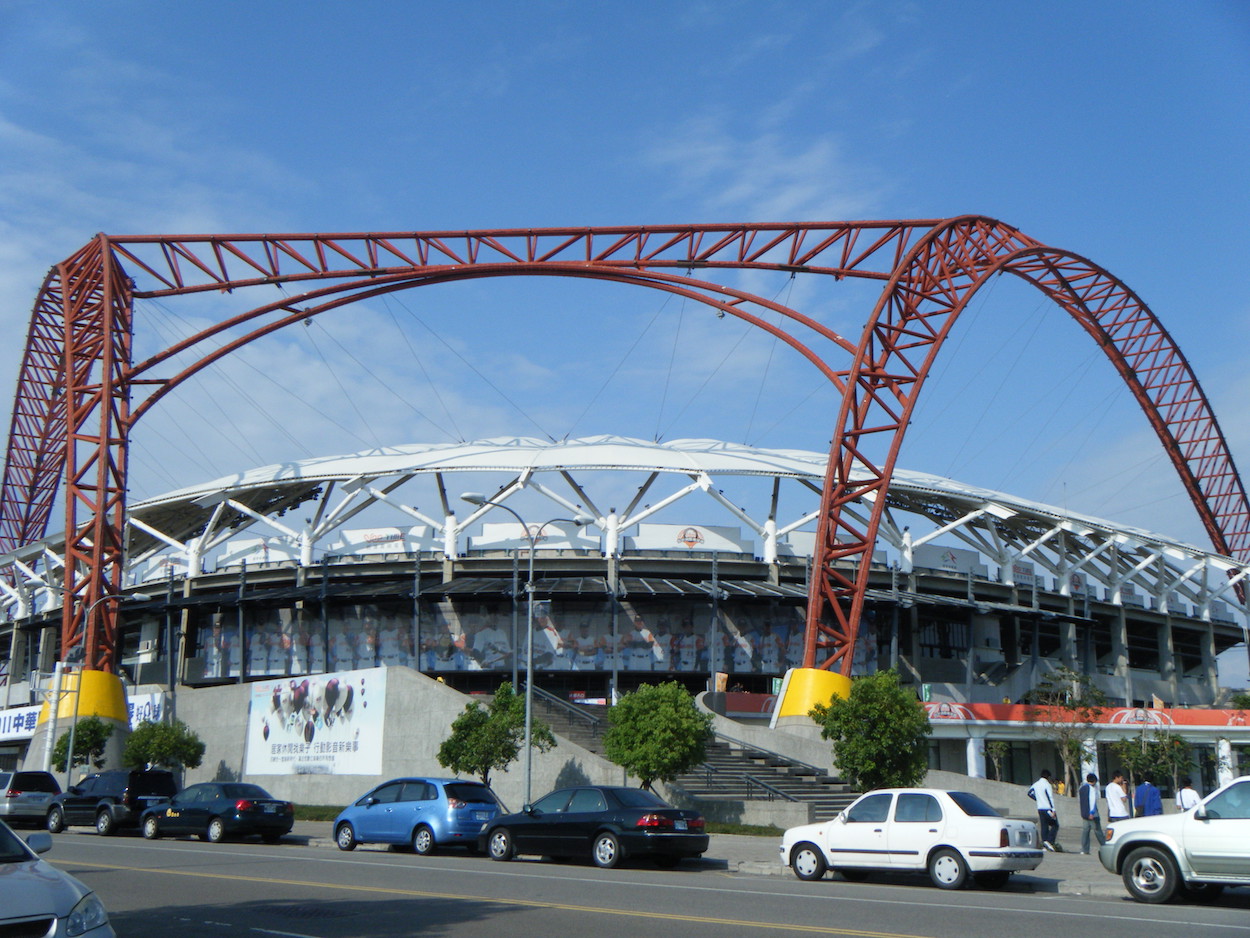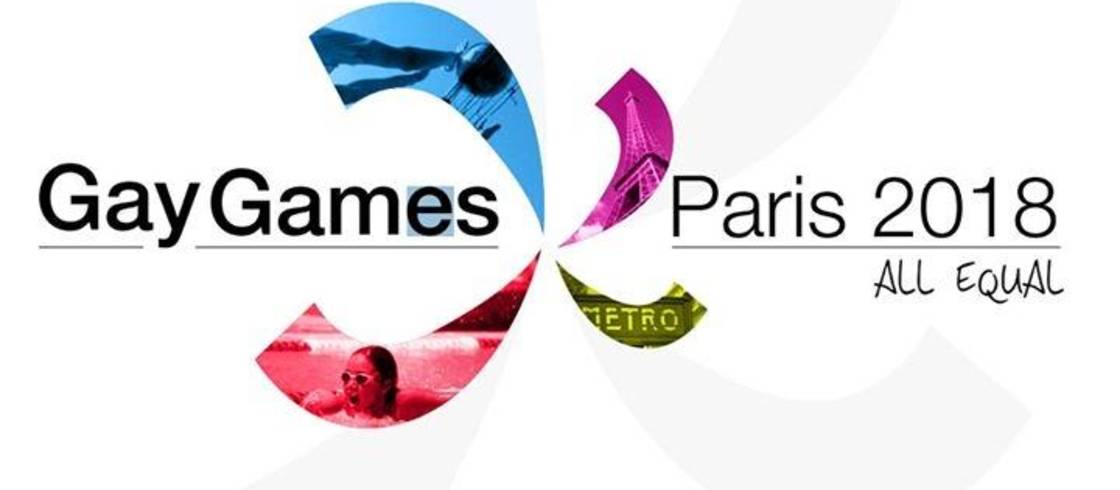by Brian Hioe
語言:
English
Photo Credit: Tsai Ing-Wen/Facebook
CHINESE PRESSURE on Taiwanese participation in sporting events continues. This can be seen in two recent incidents, with China successfully forcing Taiwan out of hosting the East Asian Youth Games through pressure on the East Asian Olympic Committee and attempts to force Taiwan out of participating in the 2018 Gay Games in Paris next month under the name “Taiwan”.
The East Asian Youth Games were to be held in August 2019 in Taichung, the first time the event would take place. Taichung won the bid to host the East Asian Youth Games in October 2014 and had already spent 677 million NTD to construct a stadium for the games.
 Taichung Intercontinental Baseball Stadium, which would have hosted the opening and closing ceremonies of the East Asian Youth Games. Photo credit: 象心力/WikiCommons/CC
Taichung Intercontinental Baseball Stadium, which would have hosted the opening and closing ceremonies of the East Asian Youth Games. Photo credit: 象心力/WikiCommons/CC
The East Asian Youth Games is subordinate to the Olympics series of global sporting events. With attempts to hold the East Asian Youth Games in Taiwan, many hoped that, in line with the hosting of the 2017 Summer Universiade in Taipei, this would serve as a way to raise Taiwan’s international profile. After all, Taiwan is usually denied participation in international organizations due to Chinese influence, or it is forced to participate under the name “Chinese Taipei”, “Taiwan, China,” or some variant thereof. However, seeing as the Summer Universiade is a youth-oriented event, it was hoped that this would be sufficiently under the radar that Taiwan would be allowed to host the event in spite of Chinese pressure, yet that this would still allow Taiwan to raise its international profile.
But with Taiwan forced out of hosting the East Asian Youth Games, this will likely prove dampening of future attempts to hold international sporting events in Taiwan. Evidencing China’s fundamental disrespect for the will of the Taiwanese people, China was reportedly angered by attempts to hold a referendum to change the name of Taiwan’s official sports team from “Chinese Taipei” to “Taiwan”, despite that this campaign was organized by civilians and had yet to become an official government-organized referendum.
While this referendum had its target date as the 2020 Tokyo Olympics, one notes that China’s actions may also have negative effect on it. Japan and Taiwan were the only two members of the organizing committee for the East Asian Youth Games to not vote against China’s bid for Taichung to lose the rights to hold the event, with Japan abstaining and Taiwan voting against. Referendum organizers likely also hope to leverage on historical tensions between Japan and China as contrasted with historically friendly relations between Taiwan and Japan. But Japan’s lack of any stronger stance may indicative of that Japan may actually not welcome Taiwan rocking the boat too much during 2020 Tokyo Olympics as well, seeing as Japan will be on the international stage, and hopes to present a good face without too much disruption.
On the other hand, Taiwan is scheduled to participate in the 2018 Gay Games under the name “Taiwan” for the first time in August, although the French organizers of the event have indicated some hesitancy about overt suggestions during the event that Taiwan differs from China, such as use of the Republic of China flag. More than 10,000 athletes from 90 nations will be participating in the event, with Taiwan sending 28 athletes under the slogan “Taiwan comes out”. However, the decision of the East Asian Olympic Committee will no doubt set a negative precedent for what the French organizers of the 2018 Gay Games decide going forward.
 Logo for the 2018 Gay Games in Paris. Photo credit: Gay Games
Logo for the 2018 Gay Games in Paris. Photo credit: Gay Games
Indeed, with Taiwan set to legalize gay marriage after a ruling by the Council of Grand Justices in May 2017, Taiwan would seem to be ahead of China regarding marriage equality. But even so, Chinese pressure in international sporting bodies is oftentimes sufficient for those who are otherwise allies of Taiwan on many fronts to throw Taiwan under the bus. This would not be surprising, seeing as political contestation always lurks behind international bodies, inclusive of sporting bodies, or international bodies ostensibly committed to promoting or celebrating universal human rights.
This remains to be seen. While attempts by Taiwan to participate or host international sporting events will no doubt continue, China stepping up pressure may prove permanently blocking of this path to international participation. Yet, as with other forms of international pressure by China, actions by China may have the opposite effect as intended, in strengthening Taiwanese identity as distinct from China in stirring up outrage rather than intimidating Taiwanese into subordination by China.

